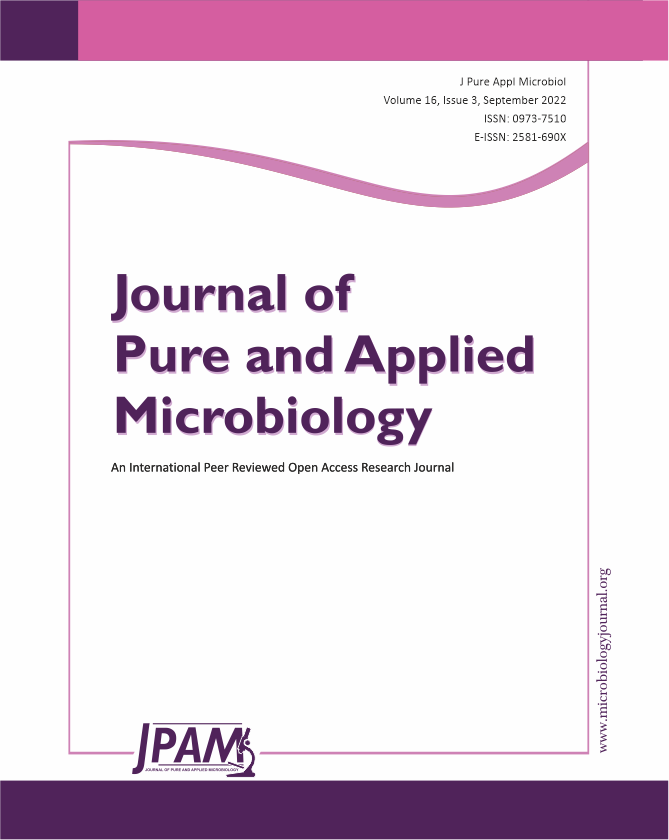A peptic ulcer is a chronic infectious disease that creates erosion on the epithelial lining of the stomach. It is a commonly encountered problem in the gastrointestinal tract (GI tract). Patients failed multiple regimens due to resistant H. pylori infection. H. pylori show maximum resistance towards Clarithromycin. Due to the consistent increase in resistance there is urgent need for the development of new drugs. Paying much for the antibiotic treatment one should go for the natural treatments with no side effects. Modern treatment of peptic ulcers emphasizes diet with routinely recommend hospitalization of several weeks. Currently, a lot of medications are coming out of natural products. The phytotherapeutic approach for the resistant H.pylori treatment is assessed. The plant produces many secondary metabolic substances which have a lot of beneficial roles in maintaining human health. Administration of plant products would prevent disease and able to eradicate resistant H.pylori. This review includes many phytoproducts having a wide range of antimicrobial activity. Reviewed phytoproducts includes Phytoceutical, Caffeic acid, phenethyl ester, Flavonoid, Capsaicin, Carotenoid, etc are effective treatment against H.pylori. To see their effect on the resistant H.pylori and to manage this resistant bacteria with an application of plant products is the prime concern of this review. The linkage between phytochemical and peptic ulcers will provide a novel framework for the future.
H. pylori, Peptic Ulcer, Plant Products, Resistant Antibiotics, Phototherapeutic Management, Ethnomedicine
© The Author(s) 2022. Open Access. This article is distributed under the terms of the Creative Commons Attribution 4.0 International License which permits unrestricted use, sharing, distribution, and reproduction in any medium, provided you give appropriate credit to the original author(s) and the source, provide a link to the Creative Commons license, and indicate if changes were made.


